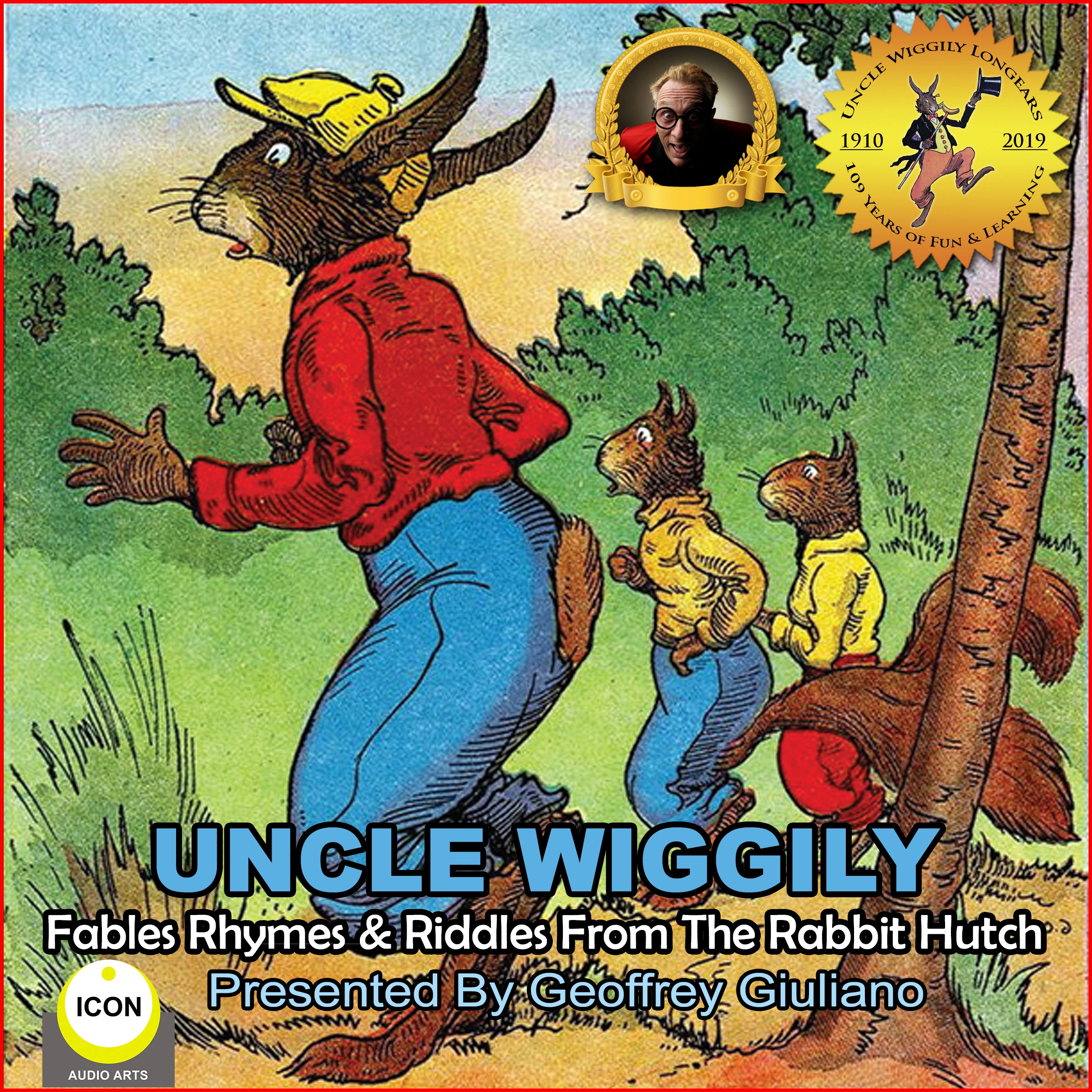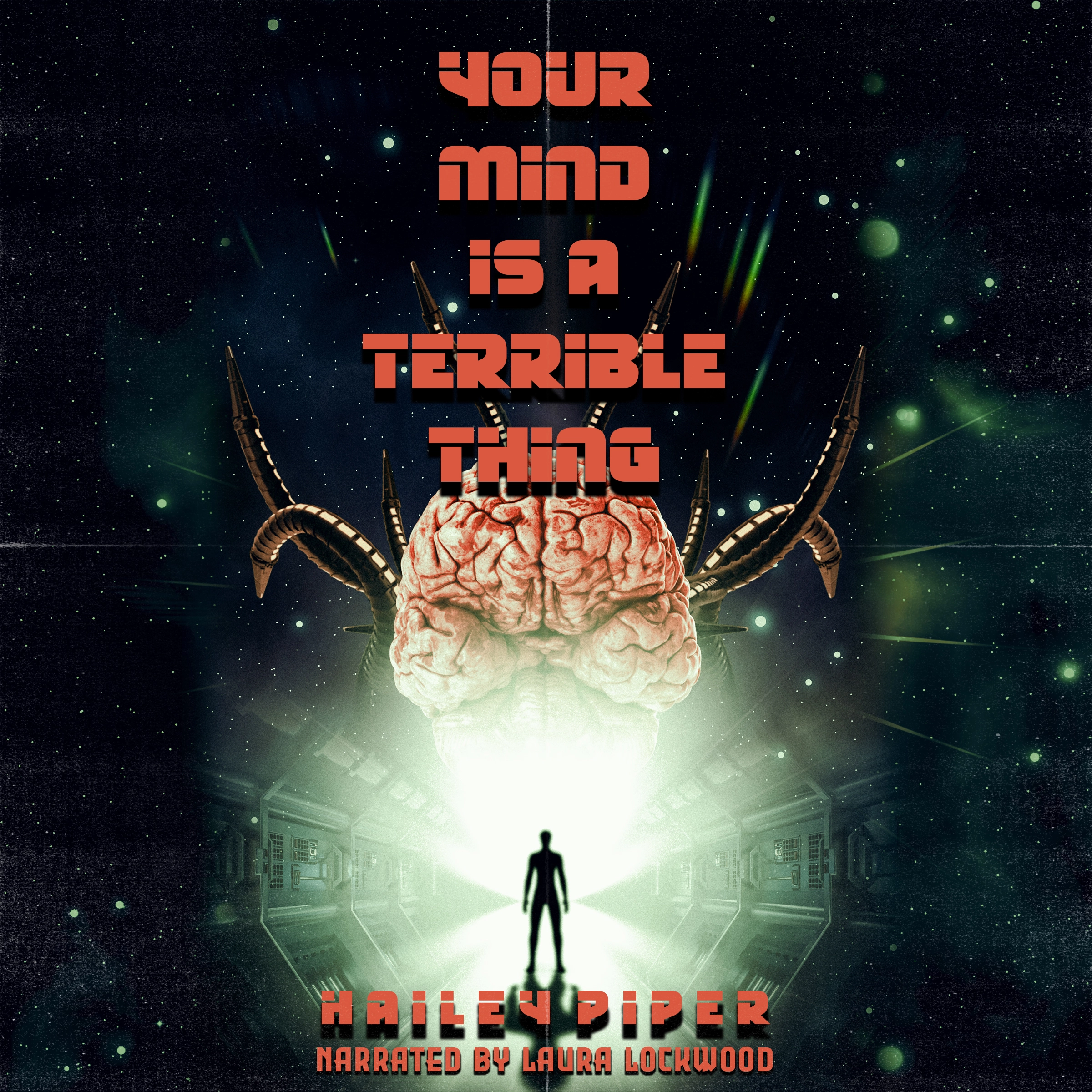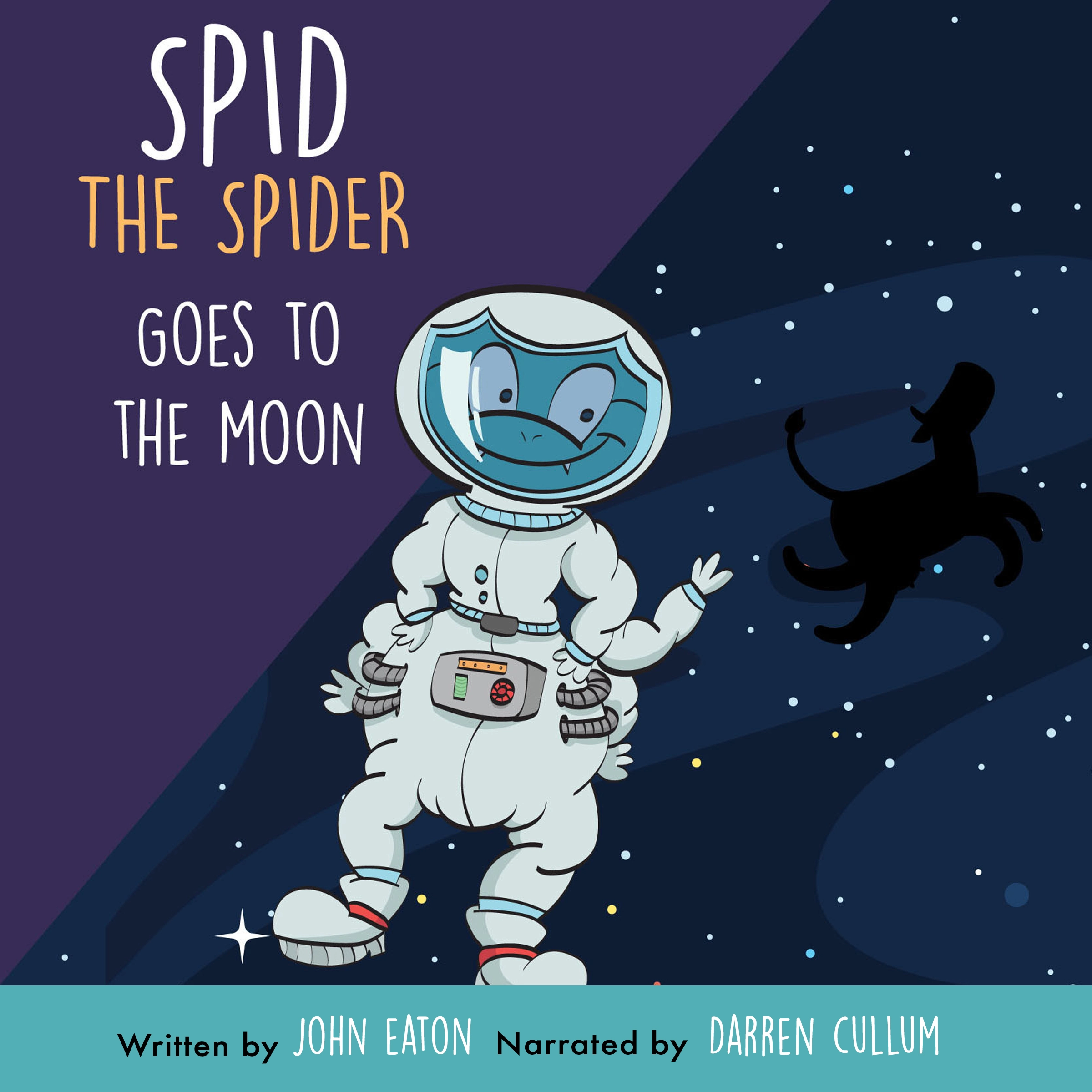Romeo and Juilet by William Shakespeare
WRITTEN BY
Sounded Articles
ARTICLE TYPE
Article
PUBLISHED ON
2024-02-29
Exploring the Timeless Tragedy of "Romeo and Juliet" by William Shakespeare
"Romeo and Juliet" by William Shakespeare, written in the early 1590s, remains one of the most famous and enduring works of English literature. This tragic play, set in the city of Verona, tells the story of two young lovers whose deaths ultimately reconcile their feuding families. Throughout the centuries, "Romeo and Juliet" has captivated audiences with its themes of love, fate, and conflict, becoming a staple of both academic study and popular culture.
The narrative of "Romeo and Juliet" centers around the forbidden love between Romeo Montague and Juliet Capulet, members of two rival families. The plot unfolds with their secret marriage and the series of tragic events that follow, leading to their untimely deaths. Shakespeare intricately weaves themes of passion, feuding, and the inevitability of fate throughout the play, highlighting the destructiveness of hatred and the transcendent power of love.
Shakespeare's portrayal of characters in "Romeo and Juliet" is nuanced and complex. Romeo and Juliet, while often idealized as embodiments of pure love, are also depicted as impulsive and desperate, reflecting the tumultuous emotions of youth. The supporting characters, from the wise Friar Lawrence to the fiery Tybalt, play crucial roles in the development of the plot and the unfolding of the tragedy.
The play's themes of love and hate, fate versus free will, and the societal impact of family honor and conflict are as relevant today as they were in Shakespeare's time. "Romeo and Juliet" invites readers to ponder the consequences of their actions and the often arbitrary divisions that lead to discord and tragedy. It serves as a mirror reflecting the timeless nature of human emotions and the complexities of love and relationships.
Since its inception, "Romeo and Juliet" has received widespread acclaim and has significantly influenced literature, theatre, and popular culture. It has inspired countless adaptations across various media, including films, operas, and ballets, each interpreting the story through different lenses. The play's enduring popularity underscores its universality and the profound impact it has had on the cultural and literary landscape.
For those intrigued by the themes of "Romeo and Juliet" or the artistic legacy of William Shakespeare, further exploration into Shakespeare's other works, such as "Hamlet" and "Macbeth", is recommended. Each play offers unique insights into the human condition, woven through the masterful storytelling and eloquent language that hallmark Shakespeare's oeuvre.
In conclusion, "Romeo and Juliet" by William Shakespeare is not just a tragic love story but a rich tapestry of themes and characters that continues to resonate with audiences around the world. Its exploration of love, fate, and conflict, coupled with Shakespeare's masterful language, ensures its place as a timeless classic in the pantheon of world literature. As we reflect on its lessons and themes, "Romeo and Juliet" remains a powerful testament to the enduring relevance of Shakespeare's work.





